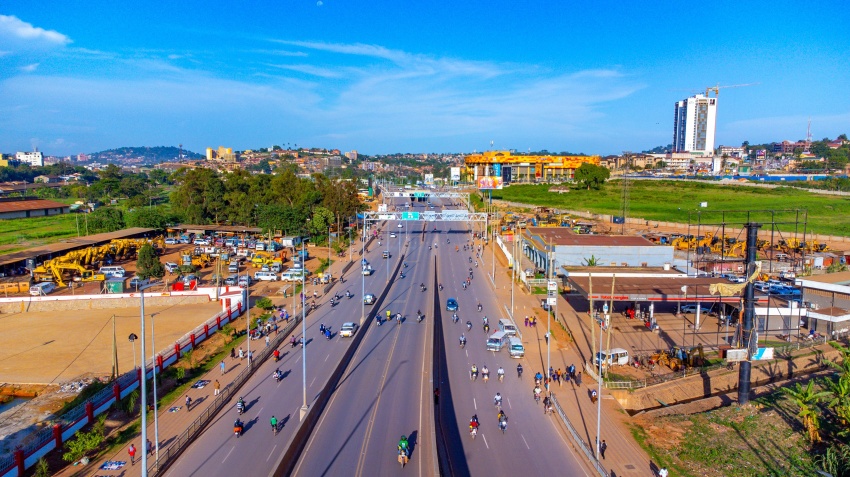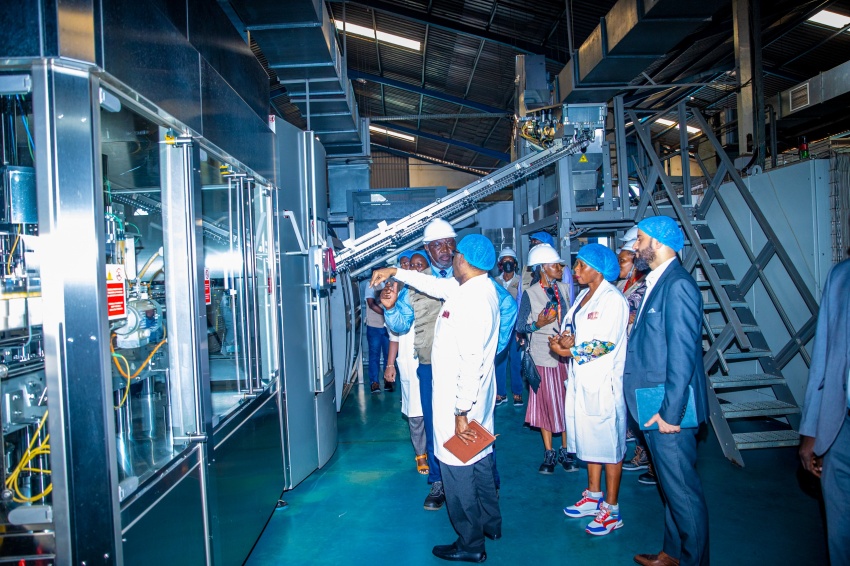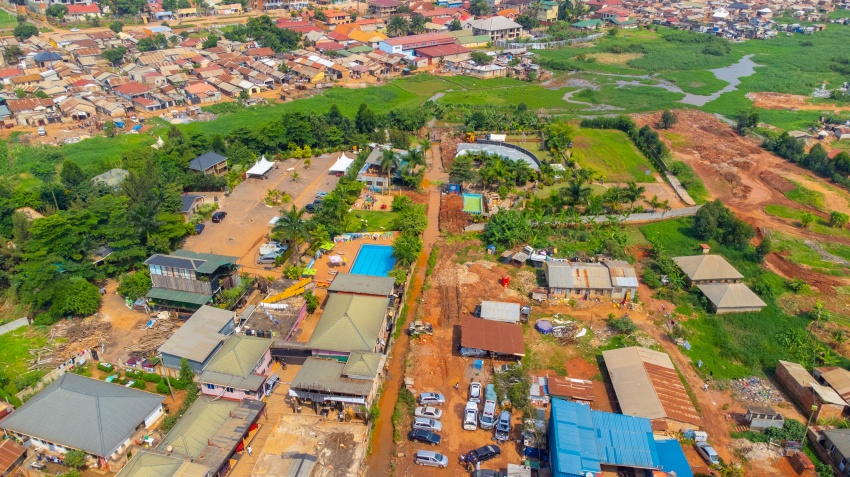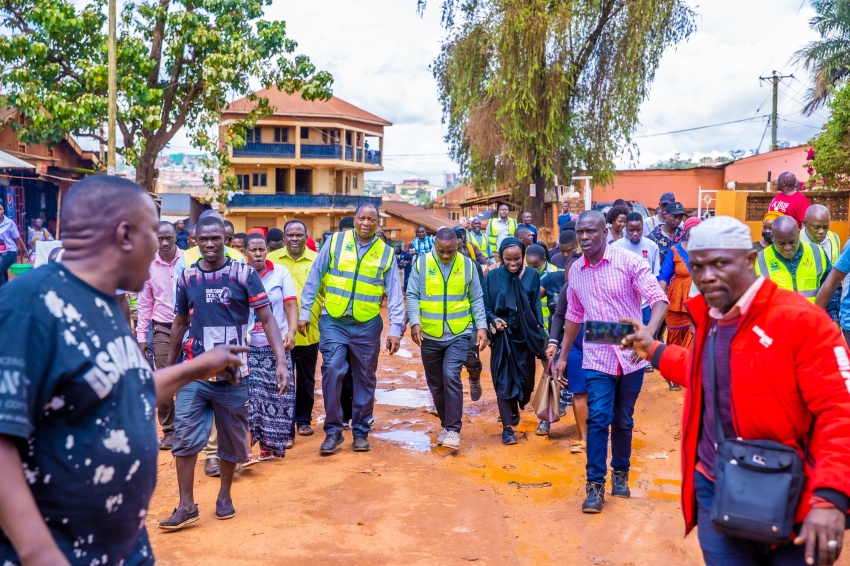PARTNERS CALL FOR INTRODUCTION OF MASS TRANSPORT TO REDUCE AIR POLLUTION IN KAMPALA
PUBLISHED — 3rd, April 2023
The National Environmental Management Authority (NEMA) Executive Director Dr. Akankwasa Barirega is calling for introduction of mass transport that uses green energy in Kampala to reduce on emissions.
According to Barirega the move would greatly reduce on air pollution in Uganda that is partly caused by emissions from the high numbers of vehicles.
Kampala, home to two million people, ranks among the world's most polluted cities, with pollution levels up to seven times higher than the World Health Organization’s safe standards, according to the 2021 World Air Quality Report.
Barirega made the call during the inaugural Africa air quality community of practice workshop and launch of the Clean Air Network on participatory air quality management in Africa led by AirQo Project.
The three- day peer learning and knowledge exchange workshop at Golden Tulip brought together the communities of practice from over 15 cities in Africa.
“Emission-free vehicles and electric motorcycles can reduce pollution. The Ugandan government is already spearheading the manufacturing of electric and solar-powered buses, which could replace matatus and Boda bodas, the local motorcycles, taxis which are big contributors of air pollution,” Barirega said.
Major sources of pollution in Kampala include dust from unpaved roads, wood fuel use, vehicle and industrial emissions, and open burning of solid waste, which is a significant health hazard.
Barirega revealed that NEMA is working closely with KCCA, Makerere University through AirQo to regulate industries to install air quality monitoring systems.
Kampala Capital City Authority has the mandate to develop regulations and laws that can help mitigate pollution. This requires the development of an adequate air quality monitoring and management system.
Currently the AirQo air quality-monitoring project, which is partly funded by Google, relies on a network of sensors to gather air quality data around Kampala.
Through the AirQo air quality project, Ugandan researchers have developed low-cost air quality monitoring sensors that work in extreme conditions, allowing Uganda to switch from expensive imported monitors to tackle rising air pollution.
NEMA says it is necessary to continue investing in research to come up with an affordable solution to curb pollution.
“Air pollution is a serious health problem, which has been ignored for a long time, and if it had been addressed earlier, it would not have grown to the current level,” Barirega said.
Urbanization and development have increased pollution, making the problem worse in developing countries, where roads are in poor condition, and waste management is inadequate.
“We do not want to import Air Quality monitoring sensors when we can develop our own & monitor air quality, let us make use of the data and take action to reduce,” Barirega said.
Christopher Lubega, Air quality program assistant at the US embassy in Uganda, stresses the importance of communicating air quality data so that communities can take action.
Maurice Kavai, from Nairobi County said the city is committed to expanding access to air quality, identify priority sectors for pollution reduction and increase political buy-in for action.
“The city is also trying to integrate air quality and climate into city governance structures so that it is part and partial of whatever we do,” Kavai said.
Prof Tonny Oyana the Principal Makerere College of Computing and Information Sciences, said; “What are you doing to improve the quality of the air we breathe? If we want to live in a good environment, we have to begin to care and take responsibility. It starts with us!"
Air pollution is the second-largest cause of disease and premature death in Africa.
News & Announcements
30th, May 2025
29th, May 2025
28th, May 2025
21st, May 2025
20th, May 2025
16th, May 2025
15th, May 2025
14th, May 2025
13th, May 2025
12th, May 2025






.jpeg)














Development partners